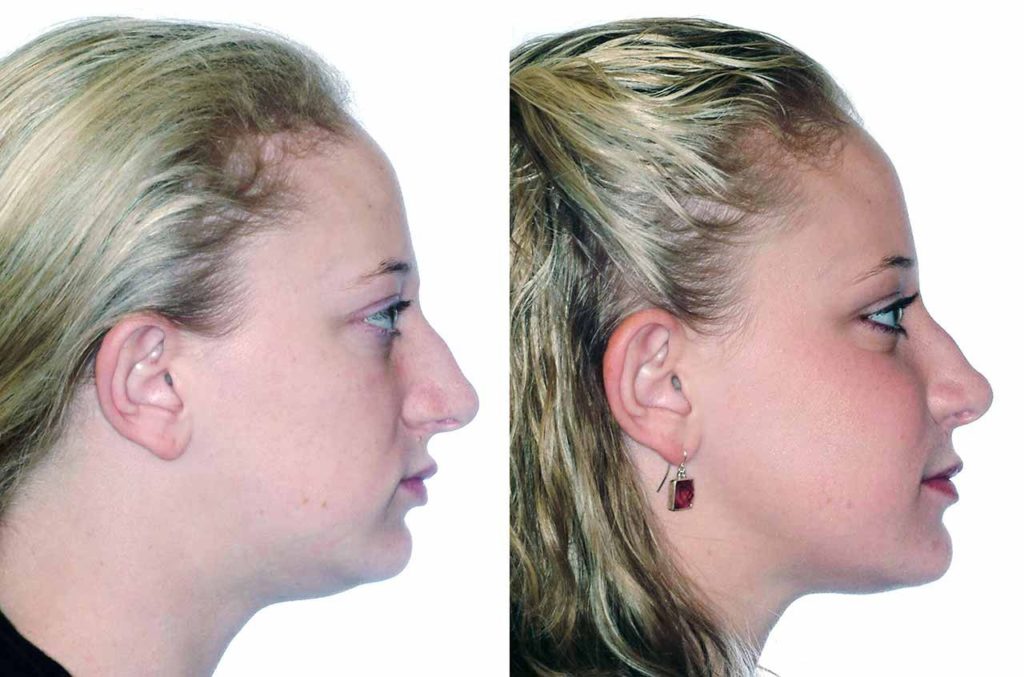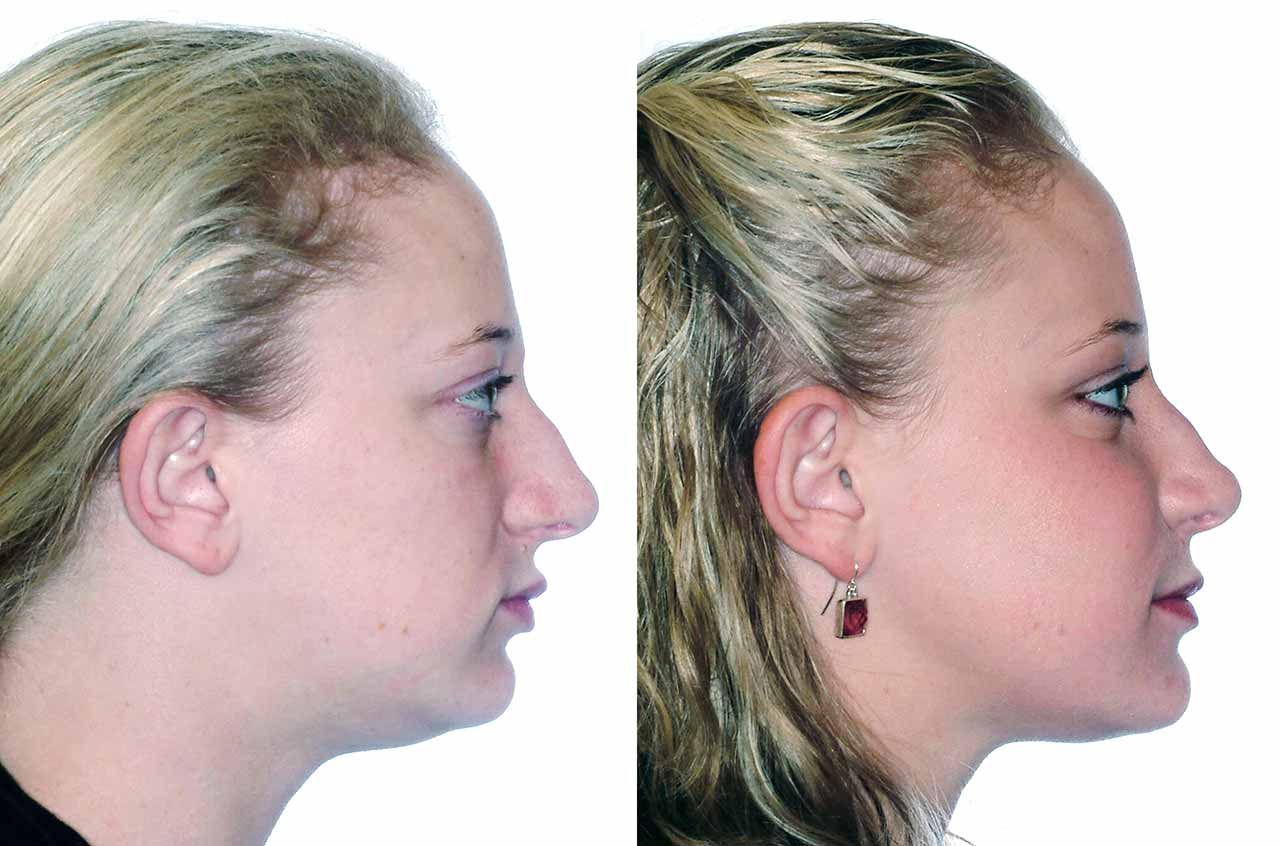
Have you suffered from facial trauma? Perhaps your jaw is painful due to injury? If so, you may be considering jaw surgery. If you’re searching for an Alexandria facial trauma specialist, don’t hesitate to contact Northern Virginia Oral, Maxillofacial & Implant Surgery. The team specializes in oral surgery, corrective jaw surgery, dental implants, facial trauma, and maxillofacial surgery in Burke, Reston, and Alexandria, VA.
What is Corrective Jaw Surgery
Corrective jaw surgery can be used to correct your bite and change how your face and jaw look. It would benefit those who have had a traumatic injury or have been born with a deformity of the jaw and face.
Some surgery involves a minimal change to your appearance, but it’s designed to improve your bite. For other patients, jaw surgery can dramatically alter their facial features. Patients who have a low jaw or a setback lower jaw or have received an injury to the jaw will see a noticeable improvement after surgery.
What Happens During Jaw Surgery?
Jaw surgery may involve corrections being made to your maxilla, the upper jaw, or your mandible, the lower jaw. In some cases, it may be a combination of both. Surgery will be carried out by a dentist from the inside of your mouth. This has the added benefit of reducing the likelihood of scarring on the face. Some patients may need to have a small incision made on their jawline. However, this will heal and fade in time. Most patients report that their scar has become almost invisible after a few weeks.
During the operation, your jaw will be repositioned. A small pin or screw will be used to hold it in place, and you may have to have plates beneath the gums. These screws and plates will be left in your mouth indefinitely. After the surgery, you’ll need to wear orthodontic elastics. This will help to keep your jaw in the correct position, while your bite settles.
What are the Risks of Jaw Surgery
There are several risks which you’ll need to take into account when deciding whether or not to have surgery. These risks are rare and only happen to a small number of patients. Many thousands of jaw operations have been successfully carried out without complications.
Numb Lips
It’s normal to experience numbing in the lips after you’ve had surgery, this should go away quickly. The lower lip is more sensitive and in many people, it takes longer to recover. In some cases, patients are left permanent numbness. This doesn’t affect your appearance or how the lips function. Patients say that they get used to the numbness over time.
Infection of the plates
A metal plate will be inserted beneath the gum, and in a very low percentage of patients, this becomes infected. If an infection occurs, the metal plates will be removed. This is more likely to happen if you’re a smoker. Patients are asked to stop smoking before their operation.
The plates need Re-adjustment
Some patients will need another operation, which will allow the dentist to make small adjustments to the bite. This is very rare; in most cases, the dentist will be able to position the plate in the correct place during the first operation. There might also be a relapse in the jaws position or changes in the teeth. If this happens, you’ll also need a second operation only if the changes are noticeable and significant.
